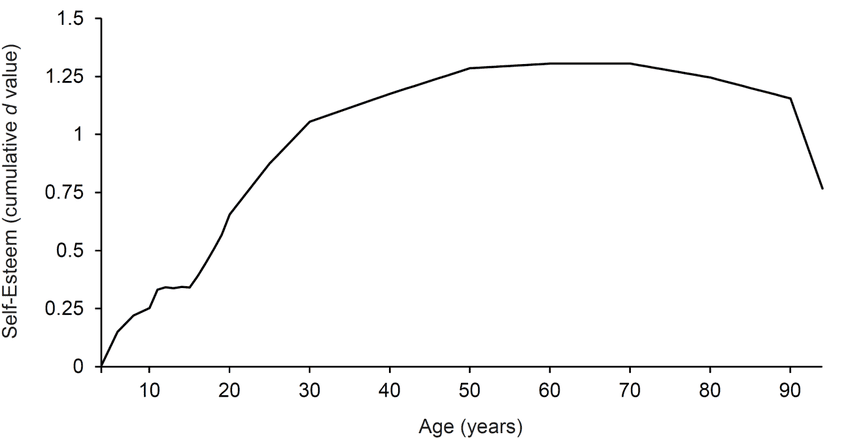Self-esteem Test
3 Min Free Self-esteem Test
Who Can Benefit From This Self-esteem Test?
This self-esteem test can be beneficial for anyone who is interested in assessing their level of self-esteem. Self-esteem is a fundamental aspect of mental health and is linked to a range of outcomes, including academic and work performance, social relationships, and overall well-being.
Individuals who are struggling with feelings of low self-esteem or self-doubt may find this test particularly helpful. Additionally, those who are interested in personal growth and self-improvement may find the results of this test useful for identifying areas for improvement and developing a plan to build their self-esteem.

Self-esteem Test Accuracy

The accuracy of a self-esteem test can vary depending on several factors, including the specific test used, how the test is administered, and the individual taking the test.
In general, self-esteem tests can provide a useful starting point for individuals who want to assess their level of self-esteem. However, it’s important to recognize that self-esteem is a complex and multifaceted construct, and no single test can fully capture all aspects of it.
Additionally, it’s important to consider that self-report measures, such as self-esteem tests, may be influenced by factors such as social desirability bias, meaning that individuals may respond in a way that they think is socially desirable rather than providing accurate information about their true thoughts and feelings.
Types of Self-esteem Test
Rosenberg Self-Esteem Scale:
This is a widely used self-esteem test that consists of 10 statements that participants rate on a 4-point scale. The statements relate to feelings of self-worth, competence, and satisfaction with oneself.
Coopersmith Self-Esteem Inventory:
This test assesses self-esteem across four dimensions: social, academic, family, and personal. It consists of 50 statements that participants rate on a 4-point scale.
Multidimensional Self-Esteem Inventory:
This test assesses self-esteem across six dimensions: global, academic, social, family, physical, and emotional. It consists of 70 items that participants rate on a 5-point scale.
Contingencies of Self-Worth Scale:
This test assesses the extent to which individuals derive their self-esteem from various sources, such as academic achievement, appearance, and social relationships. It consists of 35 items that participants rate on a 7-point scale.
State Self-Esteem Scale:
This test assesses self-esteem in the moment, rather than as a stable trait. Participants rate how positively or negatively they feel about themselves at a given time.
Implicit Association Test (IAT):
This test measures implicit biases and associations related to self-esteem. Participants are asked to categorize stimuli (such as positive and negative words) as quickly as possible, and response times are used to assess implicit biases.
Treating Low Self-esteem
Treating low self-esteem can involve various strategies depending on the underlying causes and individual needs. Here are a few suggestions:
- Identify and challenge negative thought patterns: Negative self-talk can significantly impact self-esteem. Cognitive-behavioral therapy (CBT) is a type of therapy that can help individuals identify and challenge negative thought patterns and replace them with more positive and accurate ones.
- Practice self-compassion: Many individuals with low self-esteem are self-critical and judgmental. Practicing self-compassion involves treating oneself with kindness, understanding, and acceptance. This can include self-care activities, such as taking time to relax, engage in enjoyable hobbies, or seek support from loved ones.
- Build positive relationships: Social support can be a critical factor in boosting self-esteem. Building positive relationships with supportive individuals can help individuals feel valued and respected, which can improve self-esteem.
- Develop skills and strengths: Engaging in activities that one enjoys or feels competent in can help build confidence and self-esteem. Setting achievable goals and working towards them can also provide a sense of accomplishment and boost self-esteem.
- Seek professional help: In some cases, low self-esteem may be a symptom of an underlying mental health condition, such as depression or anxiety. Seeking professional help from a mental health provider can help individuals identify and address these underlying issues.

